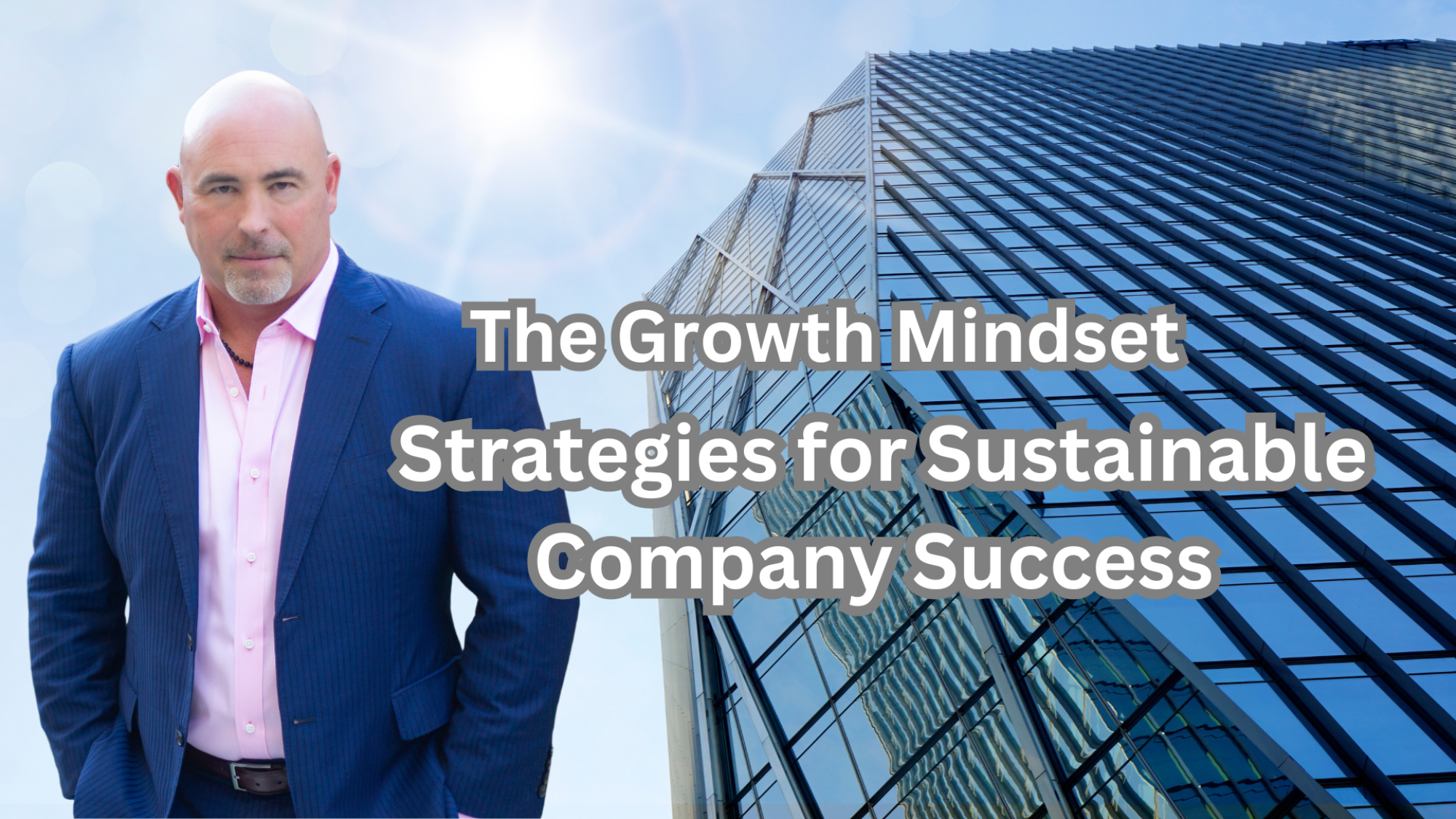
The Growth Mindset: Strategies for Sustainable Company Success
As an entrepreneur, you’ve probably heard the sobering statistic that 9 out of 10 startups fail. While this number can be intimidating, it doesn’t have to be your destiny. By understanding the common pitfalls and implementing smart strategies, you can significantly improve your chances of success.
“Make something people want.” – Paul Graham, co-founder of Y Combinator
Sounds simple, right? Yet this deceptively straightforward advice is far more difficult to achieve.
- Create a Minimum Viable Product (MVP)
- Run validation experiments
- Gather customer feedback
- Be prepared to pivot if necessary
It often takes 2-3 times longer to validate your market than you might expect. Give yourself enough runway to test your assumptions thoroughly.
Build a Strong, Skilled Company Team
Team problems are the second most common reason for startup failure. To avoid this:
- Ensure your founding team has complementary skills
- Seek team members with domain expertise in your industry
- Don’t neglect crucial areas like marketing and business development
- Foster open communication to prevent co-founder conflicts
As Marc Benioff, founder and CEO of Salesforce, said,”The secret to successful hiring is this: look for the people who want to change the world.”
Master Your Marketing
Marketing issues, including failing to find product-market fit, account for over 50% of startup failures. This staggering statistic underscores the importance of getting your marketing right from the start.
Your plan should outline your value proposition, target market, competitive landscape, and key marketing channels. Think about how you’ll position your product or service and what unique benefits you offer compared to existing solutions.
Understand your target audience deeply. Go beyond basic demographics. What are their pain points? What motivates them? The better you understand your potential customers, the more effectively you can reach and engage them.
Manage Your Company Finances Wisely
While only 16% of startups fail primarily due to financial issues, proper financial management is crucial for long-term success. Smart money management can be the difference between weathering tough times and closing shop.
Create a realistic budget and stick to it. This means thoroughly researching your costs, including hidden expenses that many startups overlook. Be conservative in your revenue projections and generous in your expense estimates. Review your budget regularly and adjust as needed, but always maintain financial discipline.
Avoid Premature Scaling
One of the biggest traps for startups is scaling too quickly before they’re ready. It’s exciting to see early success, but rapid growth without a solid foundation can lead to collapse.
Focus on efficiency before growth. Ensure your core processes are working smoothly and you can deliver your product or service consistently before thinking about expansion. This might mean staying smaller for longer, but it sets you up for sustainable growth.
Ensure your business model is solid before aggressive expansion. This means having a clear understanding of your unit economics, customer acquisition costs, and lifetime value.
Scaling a flawed business model will only magnify its problems.
Build to Exit: Creating a Self-Sustaining Company
From day one, focus on building a company that can thrive without your constant involvement. This approach allows you to step back and pursue other interests while still benefiting from your creation.
Start with strong systems and processes. Document everything, from daily operations to strategic decision-making.
Automate where possible. Leverage technology to streamline operations and reduce the need for constant human oversight. This not only makes the company more efficient but also more scalable.
Create a strong company culture. A well-defined culture acts as a guide for decision-making at all levels, ensuring the company stays true to its values even when you’re not there.
Focus on recurring revenue. Build products or services that generate steady, predictable income. This creates financial stability and makes the company less reliant on constant new business development.
Diversify your customer base. Avoid over-reliance on a few key clients. A broad customer base creates resilience and reduces risk.
Building a self-sustaining company takes time and intentional effort. It may mean slower growth initially as you invest in systems and people. However, the payoff is a business that can run without your daily involvement, giving you the freedom to explore new opportunities or simply enjoy the fruits of your labor.
Success in the startup world isn’t just about avoiding failure—it’s about creating value, solving real problems, and making a lasting impact.
By implementing these strategies and maintaining a growth mindset, you’re not just working to be part of the successful 10%; you’re laying the groundwork for a venture that can truly change the world.